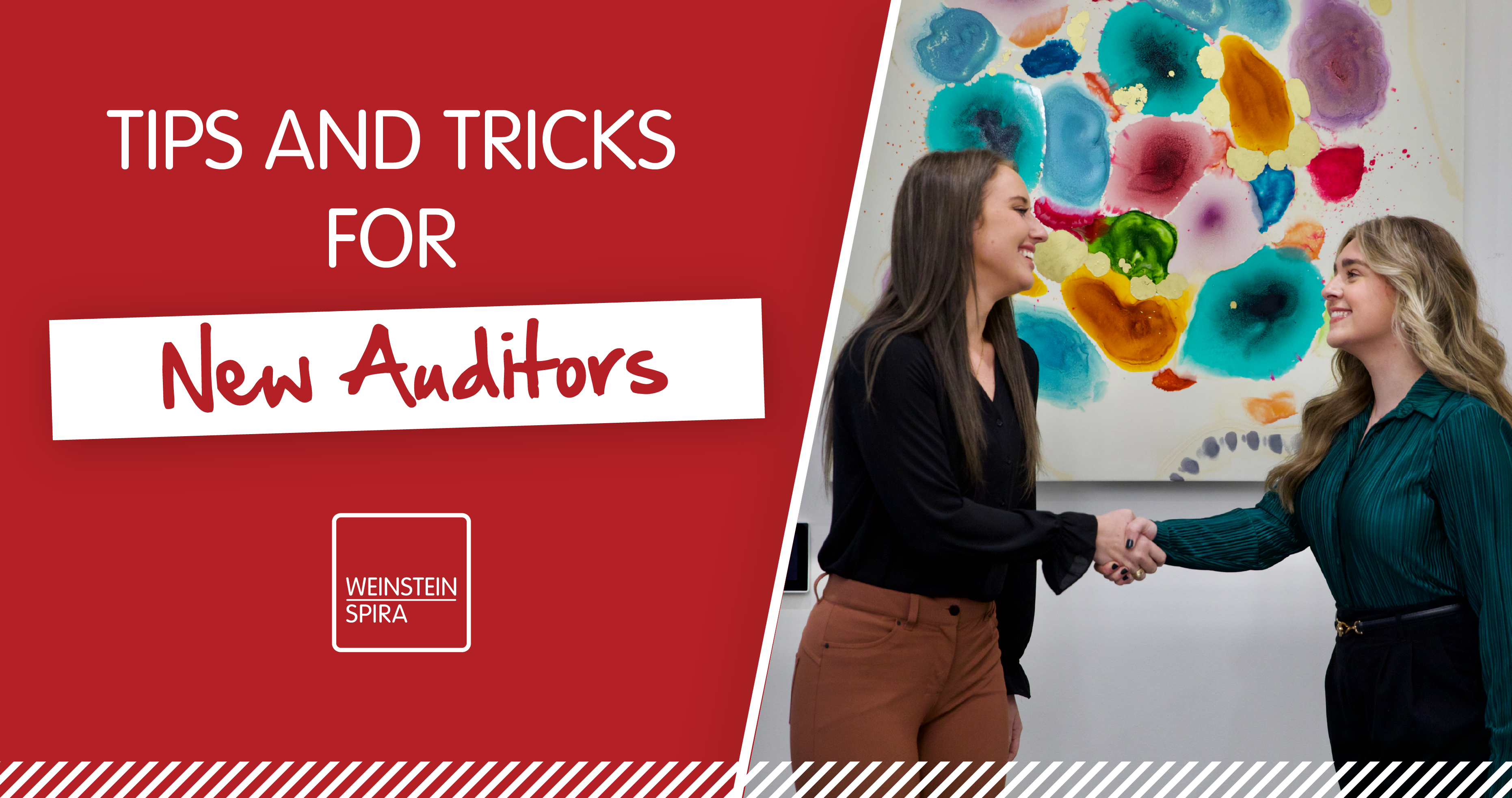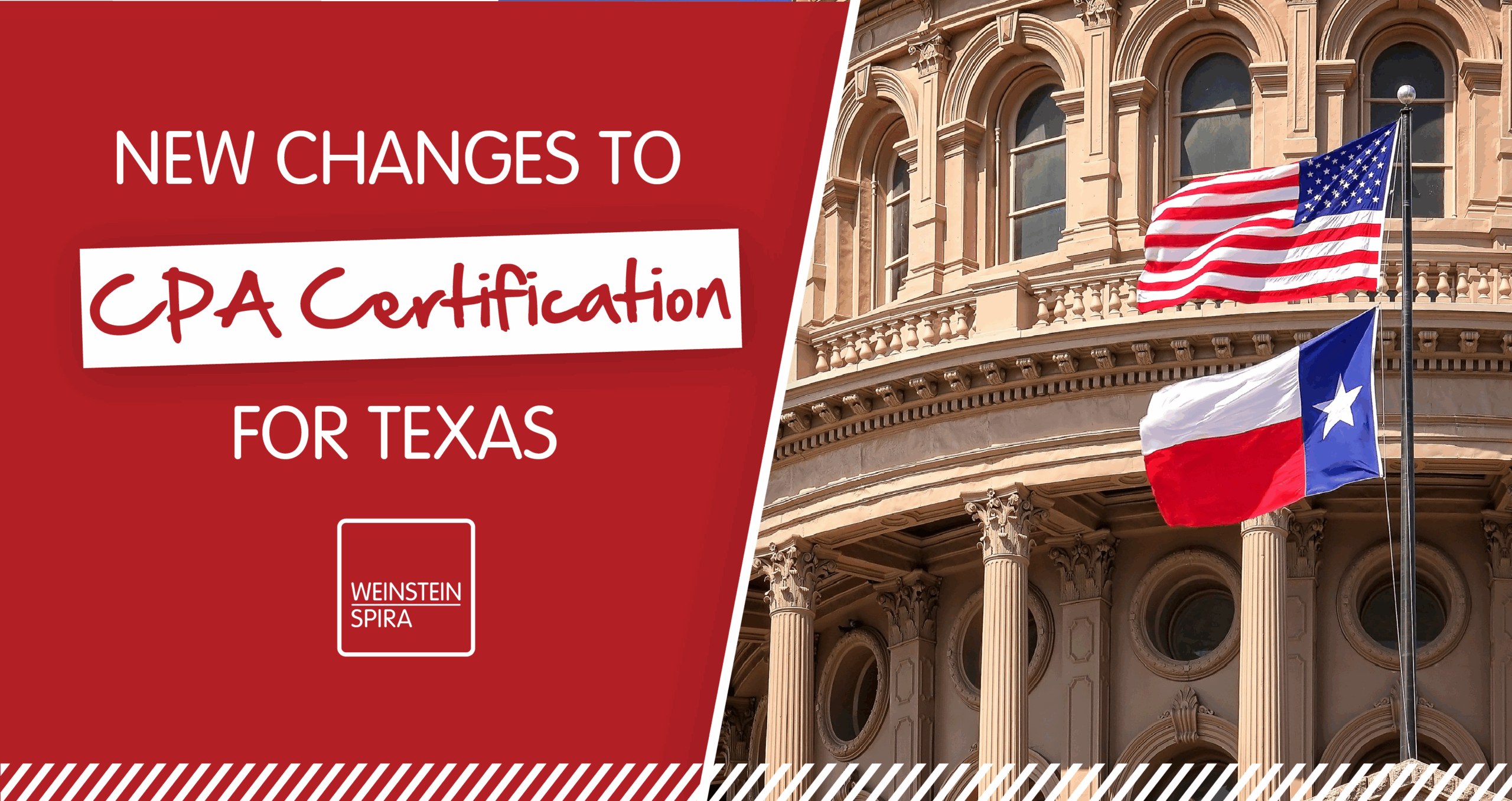Starting a career in audit can feel like plunging into a complex and detail-oriented world, but with the right approach, you can navigate the journey with ease. Whether you’re working in internal or external audit, these tips and tricks will help you build a solid foundation for your career.
1. Understand the Basics Thoroughly
Before diving into your first audit job, make sure you have a solid understanding of fundamental auditing principles and concepts. For most, this knowledge will come from your university, so the information should be fresh in your mind. Familiarize yourself with key terms like materiality, risk assessment and internal controls. Knowing the basics will help you quickly understand the scope of your work and the objectives you’re trying to achieve. From personal experience, your firm will ensure you are refreshed on these topics during training, so don’t stress too much. You will not know everything and that is okay! Embrace the unknown. Your coursework has given you a solid foundation in accounting, auditing principles and financial reporting. Don’t underestimate the value of this knowledge. As you start your career, draw upon what you’ve learned in college, but also be prepared to see how these concepts apply in real-world situations.
2. Stay Organized
Auditing requires managing a lot of information, from client documents and reports, work papers and documents, to emails and notes. Developing a system to organize everything is the best way to start a routine. When moving from job to job, it can get hard to manage, but having a system that works for you is the best possible thing you can do. This can be using tools like project management software, maintaining a well-structured note system (like One Note) or simply keeping detailed to-do lists. Having an open communication line with your in charge and letting them know how you like to receive your tasks will save time on the job and reduce stress levels for both parties.
3. Ask Questions
Don’t be afraid to ask questions, especially when you’re new. Remember, no one is under the assumption that you know everything. Whether it’s clarifying instructions from your in charge or understanding the nature of the client or the client’s past, asking questions is key to learning and avoiding mistakes. It’s better to ask upfront than to make assumptions that could lead to errors later. Starting a new job right out of college can be intimidating, but don’t be afraid to ask questions. If something is unclear, it’s better to ask for clarification. Your colleagues understand that you are new, and they will appreciate your eagerness to learn.
4. Pay Attention to Detail
Auditing is all about the details. Small discrepancies can lead to significant findings, so cultivate a habit of reviewing your work carefully. Always do a self-review! Double-check your calculations, cross-reference your findings and make sure your documentation is thorough and accurate. The in charge will appreciate you being efficient and finding mistakes you may have overlooked while working.
5. Develop Strong Analytical Skills
Auditing is as much about analysis as it is about checking support. Practice analyzing financial statements, identifying patterns and spotting anomalies. This will help you understand the bigger picture and provide more valuable insights to your clients or organization.
6. Build Strong Communication Skills
As an auditor, you’ll often need to communicate complex information to non-auditors. Whether you’re writing reports or discussing findings with clients, clear and concise communication is critical. Practice explaining your findings in simple terms and tailoring your communication style to your audience.
7. Understand Industry-Specific Knowledge
If you’re working with clients in a specific industry, take the time to understand that industry’s unique characteristics and regulations. This knowledge will help you identify potential risks and areas for improvement specific to that industry.
8. Embrace Continuous Learning
The field of audit is constantly evolving, with new regulations, technologies, and best practices emerging regularly. Stay up to date by attending training sessions, pursuing relevant certifications (like CPA or CIA) and reading industry publications. Continuous learning will not only keep your skills sharp but also open new career opportunities.
9. Develop Time Management Skills
Audits often come with tight deadlines and unexpected challenges. Learning to manage your time effectively is crucial. Prioritize tasks, break down larger projects into manageable steps and avoid procrastination. Effective time management will help you meet deadlines and maintain a healthy work-life balance.
10. Network with Peers and Mentors
Having a mentor can be incredibly beneficial, especially when you’re just starting out. A mentor can provide guidance, answer questions and share their own experiences to help you grow. Don’t hesitate to reach out to more experienced colleagues or join networking groups where you can connect with potential mentors. Building relationships with experienced auditors can provide valuable insights and support as you navigate your career. Attend industry events, join professional organizations and groups within the firm and seek out mentors who can offer guidance and share their experiences.
11. Maintain Professional Skepticism
As an auditor, it’s essential to approach your work with professional skepticism. This means questioning evidence, verifying information and not taking things at face value. Maintaining this mindset will help you uncover potential issues and ensure the accuracy of your findings.
Conclusion
Take time to reflect on what you’ve learned and how you’ve grown since starting your job. Regular self-assessment will help you identify areas where you’ve improved and areas where you need to focus more effort. It’s a great way to stay motivated and continue developing your skills. Being a new auditor can be challenging, but by following these tips and tricks, you can build a strong foundation for your career. Stay curious, be detail-oriented and never stop learning. With time and experience, you’ll develop the confidence and skills needed to excel in the audit world.



